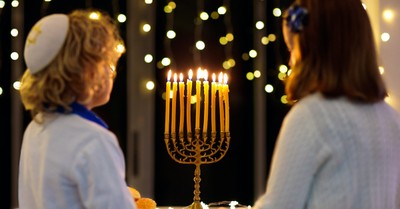Christian Headlines Blog
Christian Headlines Blog Christian Blog
Crosswalk.com aims to offer the most compelling biblically-based content to Christians on their walk with Jesus. Crosswalk.com is your online destination for all areas of Christian Living – faith, family, fun, and community. Each category is further divided into areas important to you and your Christian faith including Bible study, daily devotions, marriage, parenting, movie reviews, music, news, and more.












